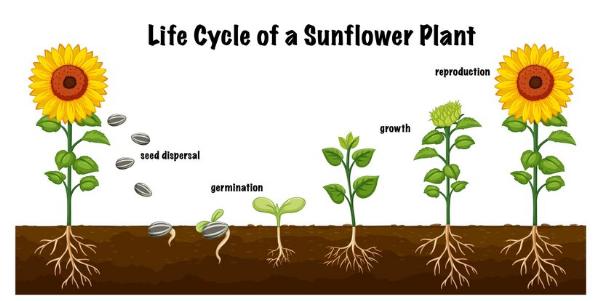How Can Rooting Compounds Improve Plant Propagation Success Rates?

Strong 8k brings an ultra-HD IPTV experience to your living room and your pocket.
Plant propagation is a crucial aspect of gardening and agriculture. It involves creating new plants from sources like seeds, cuttings, or other plant parts. While seeds are commonly used, propagating plants from cuttings is often preferred for faster and more predictable results.
Achieving high success rates with cuttings can be challenging due to disease, improper handling, and environmental conditions. One effective way to enhance the success rate of plant propagation is by using a rooting compound.
This article will explore how these substances work and their benefits in plant propagation.
What Is a Rooting Compound?
A rooting compound is a substance that promotes root development in plant cuttings. These products typically contain hormones, such as auxins, which stimulate root growth. They can be found in various forms, including powders, gels, and liquids. By applying them to the base of a cutting, gardeners can significantly increase the likelihood of successful root formation.
Enhancing Root Development
These products contain hormones that mimic the natural growth hormones in plants. Auxins, the primary hormones used, encourage the cells at the cut end of the plant to develop into roots. This process, called rhizogenesis, is essential for the cutting to establish itself and grow into a healthy plant. Without this aid, the cutting might struggle to produce roots, leading to a higher failure rate. Applying these substances accelerates root development, giving the cutting a better chance of survival and growth.
Reducing Disease Risk
Cuttings are vulnerable to diseases, particularly fungal infections, due to their exposed tissues. Many of these products include fungicides or antibacterial agents that protect the cutting from pathogens. This added protection reduces the risk of disease during the critical rooting phase. By using these substances, gardeners can ensure that their cuttings remain healthy and are less likely to succumb to infections. This results in a higher overall success rate for plant propagation.
Improving Success Rates in Difficult Species
Some plant species are notoriously difficult to propagate from cuttings. These plants may have slow or unreliable root development under normal conditions. Using these substances can significantly improve the success rates of these challenging species. By providing the necessary hormones and protective agents, they give even the most stubborn plants a better chance at successful propagation. Gardeners who struggle with certain plants can benefit from the enhanced effectiveness of these products, making it easier to propagate a wider variety of species.
Simplifying the Propagation Process
Using these substances simplifies the propagation process for both novice and experienced gardeners. The application is straightforward: dip the cutting into the compound before planting. This easy step can make a significant difference in the success rate of the propagation efforts.
The simplicity and effectiveness of rooting compounds make them an essential tool for anyone looking to propagate plants from cuttings. By streamlining the process, gardeners can focus on other aspects of plant care and cultivation, knowing that their cuttings have the best possible start.
Conclusion
Rooting compounds play a vital role in improving plant propagation success rates. By enhancing root development, reducing disease risk, improving success rates in difficult species, and simplifying the propagation process, these products provide gardeners with an effective tool to ensure their cuttings thrive.
Whether you are a novice gardener or an experienced horticulturist, using a rooting compound can make a significant difference in your propagation efforts. Embracing this technique can lead to healthier plants, more successful gardens, and greater enjoyment of the propagation process.
Note: IndiBlogHub features both user-submitted and editorial content. We do not verify third-party contributions. Read our Disclaimer and Privacy Policyfor details.




